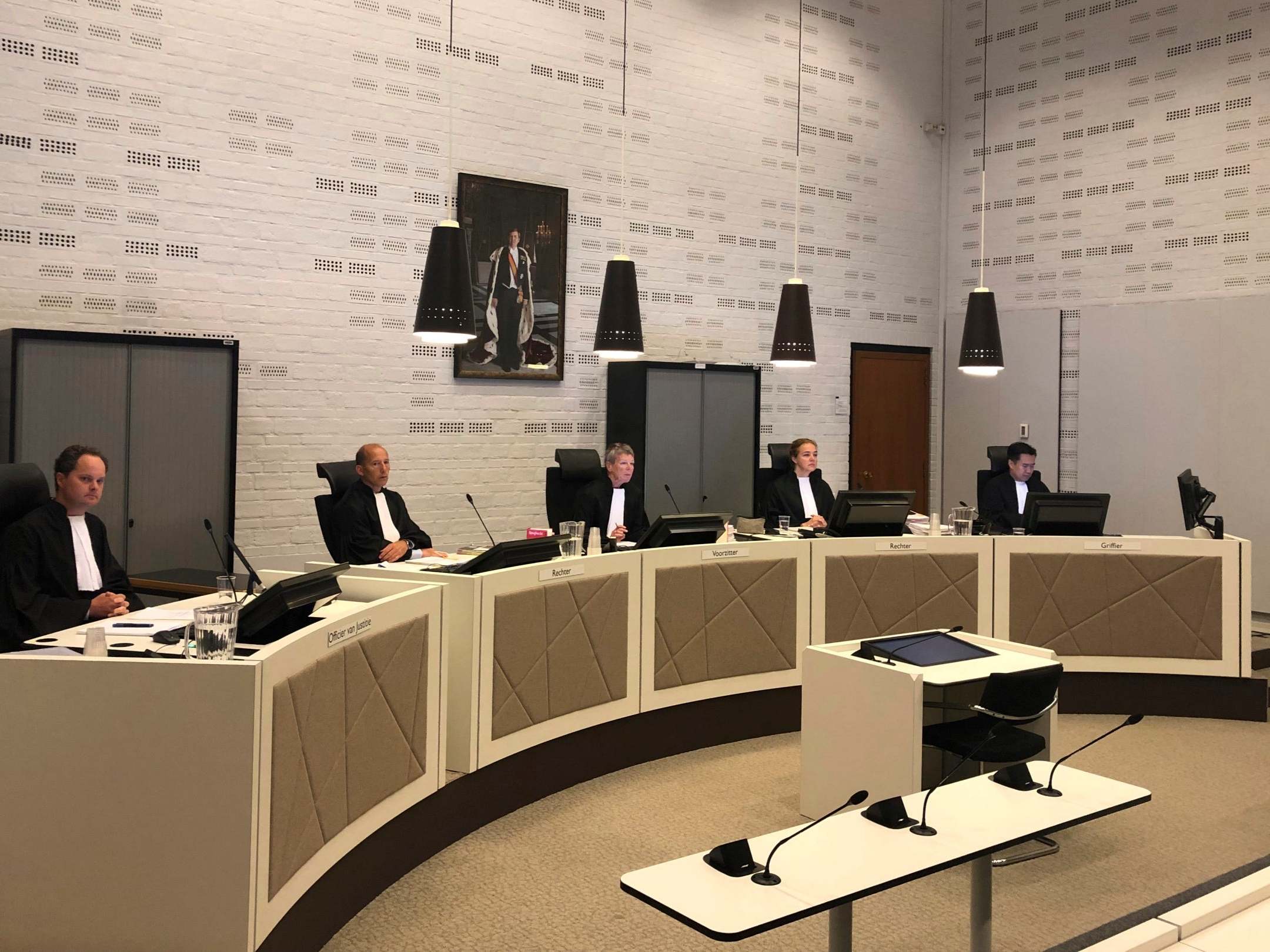Doctor in landmark euthanasia trial ‘did not do enough’ to find out if dementia sufferer still wanted to die
Prosecutors say they are not seeking prison sentence for medical professional, but want better legal framework

Your support helps us to tell the story
From reproductive rights to climate change to Big Tech, The Independent is on the ground when the story is developing. Whether it's investigating the financials of Elon Musk's pro-Trump PAC or producing our latest documentary, 'The A Word', which shines a light on the American women fighting for reproductive rights, we know how important it is to parse out the facts from the messaging.
At such a critical moment in US history, we need reporters on the ground. Your donation allows us to keep sending journalists to speak to both sides of the story.
The Independent is trusted by Americans across the entire political spectrum. And unlike many other quality news outlets, we choose not to lock Americans out of our reporting and analysis with paywalls. We believe quality journalism should be available to everyone, paid for by those who can afford it.
Your support makes all the difference.A Dutch doctor has appeared in court accused of not doing enough to find out whether a dementia patient still wanted to die.
The doctor allegedly added a sedative to the 74-year-old woman’s coffee and got family members to hold her down while she gave her a lethal injection in 2016.
The patient had filed a euthanasia declaration in 2012 after learning she had Alzheimer’s disease.
However, prosecutors argue that the doctor made insufficient efforts to find out whether she still wanted to die after she showed indications that she might have changed her mind.
They say the woman showed some resistance and that the doctor did not act cautiously enough.
The doctor is charged with breaching the euthanasia law, which could, in theory, become a charge of murder if the judge rules that the request of the patient was insufficient.
However, prosecutors are not seeking a prison sentence against the doctor and instead want to see a better legal framework for the future.
Public prosecution spokesperson Marilyn Fikenscher said: “We think the doctor has not acted carefully enough and thus passed a threshold.
“But, at the same time, we also say that this threshold is not very clear. She does not need to be punished.”
The prosecution added that the doctor acted with good intentions, while the daughter of the woman who died also strongly defended the medical professional.
It is the first case of its kind since the Netherlands became the first country to legalise euthanasia in 2002 if it is carried out by a physician following strict rules.
The doctor, who is now retired, told a court in The Hague on Monday that she was fulfilling the patient’s written euthanasia request from 2012.
After learning she had onset Alzheimer’s disease in 2012, the patient filed a euthanasia declaration that she “certainly did not want to be placed in an institution for demented elderly”.
The woman said she wanted a “humane farewell for my loved ones” and for euthanasia to take place “when I, myself, consider the time ripe”.
By the time she died, the woman was suffering from “deep dementia”, a condition in which brain functions such as analytical thought, abstract reasoning and planning are quickly ravaged, the doctor claimed.
She also testified that because the patient was not mentally competent, nothing the woman said around the time of her death was enough to invalidate the written statement.
She said the patient could no longer fathom the meaning of such concepts as euthanasia and dementia.
However, Dutch prosecutors have argued that the patient’s written request was unclear and contradictory.
The trial is expected to continue on Wednesday and the outcome will be announced in two weeks’ time.
Dutch prosecutors are also examining two other criminal investigations into doctors who performed euthanasia in questionable circumstances, and another two cases were recently dropped.
Steven Pleiter, a board member of the Levenseinde Kliniek end-of-life hospital, said the case should not give the impression that the Netherlands takes such life-and-death issues too lightly.
He said: “This is the first case that [has happened] in about 50,000 cases of euthanasia, and so there is a very careful practice in the Netherlands.”
Associated Press contributed to this report.
Join our commenting forum
Join thought-provoking conversations, follow other Independent readers and see their replies
Comments